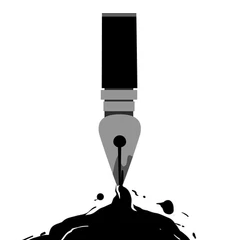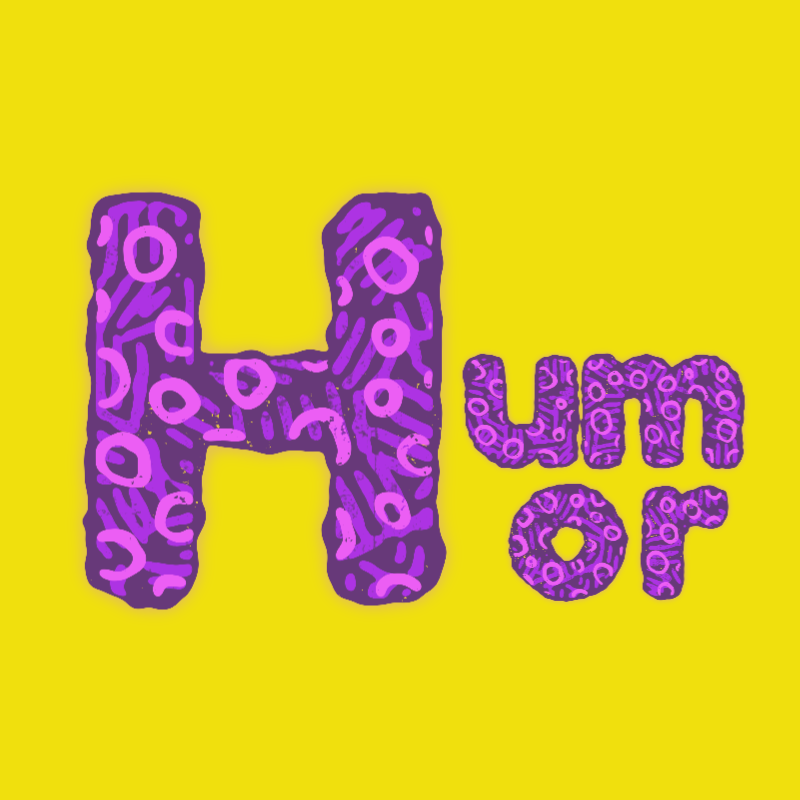A lover of words, in all their forms, retro video games, board games, card games—really games in general—and history.
- 44 Posts
- 54 Comments

 3·1 year ago
3·1 year agoAppreciate the heads up. I just bought it as an early birthday present for myself! The PDF comes immediately upon purchase. The book will be on its way shortly.
Reading through it now. It feels very promising.

 3·1 year ago
3·1 year agoThe only two things formatting makdown consistently, for now, are Jerboa and the web interfaces.
I’ve been posting a lot of poetry using some markdown witchery to format, only to realize that some interfaces show all of the markdown even inside the post itself. Jerboa will show it in the summary tile before you click in, but it does format.
Oh wow. That is wonderful! I’ll have to read it several more times in the morning. Thank you for sharing!
I’m not familiar with Dickman. At least, I don’t recognize the name. I’ll have to look him up!
I posted a poet spotlight about Marianne Moore, a contemporary of HD’s, not too long ago. Also, HD was one of the first poets I posted here: https://lemmy.world/post/58034
I wouldn’t say that work in particular is representative of her whole style, but she was very eclectic in her subject matter. If you dig into it, you’ll find work of hers that speaks to you!
I think this is pretty good as a concept. I love modernist takes on classic poetry, but, that said, there could be some improvement here.
Part of what is appealing about “adjusting” classic poetry is shoehorning in a new meaning between the lines of the old. I notice some … let’s call them “distractions” … away from the iambic pentameter of the classic work. I fully realize that it may be on purpose, but given the work you’re referencing, it does more of a disservice than a service. It starts with your second stanza and, while it isn’t every line, really makes itself known from there forwards.
While overall enjoyable, I think focusing more on fitting the form of what you’re satirizing would make the whole thing more effective as a whole.
What an interesting question! I think it depends a lot on how we define “favorite,” so I’m going to be roundabout.
My formative poets:
- W. B. Yeats
- Edgar Allan Poe
- T. S. Eliot
- Robert Frost
My favorite reads:
- e.e. Cummings
- T. S. Eliot
- Charles Bukowski
- Longfellow
I won’t endeavor to create a comprehensive list for those that I enjoy—it would be inexhaustible—but if anyone is interested, I can provide recommendations. Lol.
Thanks for the question! It’s interesting to think about.
Yes! It is certainly very visual, which draws me to it as well. However, I am especially connected to the idea that nature—in this case literal, but also in a more figurative sense—can correlate with our own moods, uplifting or berating us on a whim.

 2·1 year ago
2·1 year agoThat might be a solid solution. I think I was a bit intimidated by the (relative) complexity of DosBox compared to vDos, but it seems like a reasonable way to go about it. Thanks for the link! That makes it much easier.
One of the great joys of poetry, to me, has always been sharing it. As a result, I love talking about it—about poems I love and (claim to) understand, and about those of which are shared with me.
I really enjoy the cadence of this piece, and the choice of language is informal yet strong enough to carry the weight of the ideas its conveying. I’ve never read it before now. What is it that you find most enjoyable?
Man, if I smarter or dumber I’d really want a pet skunk. Unfortunately I’m just the right level of educated to know that I know nothing about anything abnormal pet related.

 6·1 year ago
6·1 year agoInternet is a finicky thing. What you should be getting depends a lot on what you pay for, what device you have, and the equipment you’re using, not to mention the infrastructure you don’t control. Without more detailed information, it’s hard to say. But, that said, your download and upload speeds are more than enough to do practically anything you should want without much of an issue.
As with all things Trek, SNW has its detractors and its promoters, but I find it highly enjoyable. It isn’t quite classic Trek—and it isn’t perfect—but it’s just so much fun. It’s the first live action show where the love for the universe shines through the bleak empty promotional garbage.
I’ve loved the character development. There have been episodes that changed my mind about certain people, gave me real horror vibes that could rival Alien itself, and some heartbreaking moments. Just don’t expect Kirk to feel like Kirk yet. He’s still developing, and so is the actor, but it shows promise.
This gave me a good chuckle. Lol. But I’m part of the problem. The only “new Trek” that I look forward to and enjoy anymore is LD and SNW, but I still think it’s absurd to pull Prodigy from Paramount+ when they have all other Trek.
I wasn’t especially a fan of Prodigy, but I know people who were. And, let’s be honest, it’s still better than Disco or Picard.
Yeesh. Some of the stuff you post, my friend. I really feel like I can grasp this poem in its entirety until the very last line. “You didn’t come to live with me.” It upends it completely for me, in such a way that I’m left questioning my understanding, reading and rereading it.
Very memorable.
Cute—that’s a strong word. I’m not saying this pupper isn’t cute; I’m not saying it is, either, though.

 3·1 year ago
3·1 year agoI had the fortune of knowing, and calling a friend, a student at Colegio de Mexico that studied archeology. He was on quite a few digs to study Aztec and Mayan ruins. I couldn’t perfectly articulate much of what he impressed on me, but what I can accurately say is that there is still so, incredibly much we have to learn about the civilizations of the pre-colonial Americas.
This is an exciting find, for sure.
Yo, look. I may be totally off-base here, but I don’t think Coca-Cola to the eyes would be an ineffective distraction.

 2·1 year ago
2·1 year agoThat’s wonderful!
I don’t mean to soapbox, but if I may be so bold, I think poetry is valuable to everyone. It’s a universal language, if not in words, in feeling. You can go find poetry written by those in ancient Assyria, Babylon, or Tyre, for example, and the human condition they discuss is the same as today! It’s cathartic, in a way, to realize—really realize—that people are just people, no matter their era, society, or age.
If you don’t manage to find that anthology, this website has a list of the most famous (in their opinion) English poems: https://discoverpoetry.com/poems/100-most-famous-poems/
Feel free to message me anytime if you’d like recommendations, discussions about a piece in particular, or just have questions about poetry in general! I probably won’t have any answers, but I’ll try. Lol.





Yeah! So, the games can transition between each other pretty seamlessly. You can mix and match rules to your liking. The best way to describe it would be like imagining the barrier of entry from Pathfinder to D&D5E, but taken to a higher extreme.
In Captain’s Log, there’s no equipment. No skills. The closest you get to anything like that is your character stats, which modify rolls accordingly. Your ship also has stats that can modify rolls. As for any conflict, the game uses a simple hit/fail system. Three strikes, you’re out type of thing. Ships are slightly more in depth, with their hit points being relates to their size, and systems getting damaged.
This is very episodic. I could be running a game for months, have a random friend swing by and hop in for a while without missing a beat, and then go home without it mucking anything up. Each mission is divided into scenes, just like an episode of the TV shows.
It’s much more focused on the drama of character development, building and challenging your values, and growing as a person.